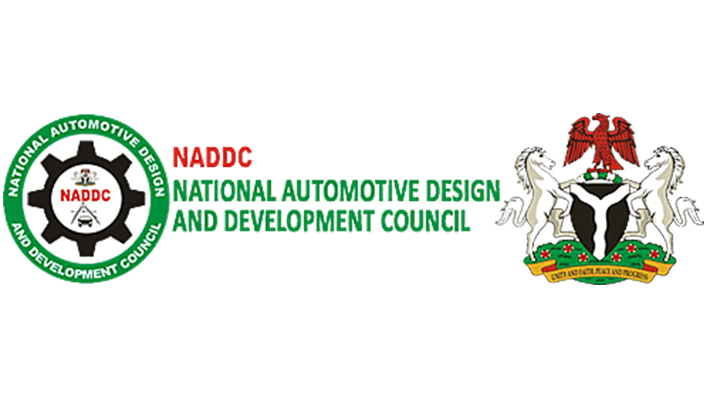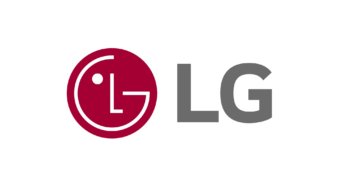Director-general of the National Automotive Design and Development Council (NADDC), Joseph Osanipin, and the programme director/chief executive, Presidential Initiative Compress Natural Gas (PICNG), Engr. Michael Oluwagbemi, have reaffirmed the federal government’s commitment to promoting policies that address energy security and environmental concerns.
Osanipin and Oluagbemi said this at the 9th annual training/capacity building workshop, organised by the Auto Journalists Association (NAJA), held in Lagos.
The workshop was themed: CNG/LPG/EV Initiative: Challenges, Sustainability, Opportunities, and Alternatives to Fossil Fuels in Nigeria.
Osanipin and Oluagbemi, who were represented by their assistant director, Press and Protocol, NADDC, Ikechukwu Okoha, and Strategic Project Advisor, PCNGi, Olayinka Rufai, respectively, highlighted the government’s ongoing efforts to implement sustainable practices within Nigeria’s automotive industry.
Osanipin emphasised the importance of alternative energy sources, such as compressed natural gas (CNG) and electric vehicles (EVs), in reducing the nation’s reliance on fossil fuels and mitigating the impact of greenhouse gas emissions. He pointed out that the NADDC plays a crucial role in driving these initiatives forward by providing technical expertise and fostering innovation in the automotive sector.
The NADDC director general also outlined various measures being taken to support the transition to cleaner energy solutions, including the development of national standards for autogas-powered vehicles, the conversion of government vehicles to CNG, and the establishment of automotive training centres across the country. These efforts are aimed at ensuring that Nigeria remains at the forefront of sustainable automotive technologies while also addressing critical energy-security and environmental challenges.
Oluagbemi, on his part, noted that the transition to CNG represents a monumental step for Nigeria, aligning with the nation’s energy and environmental goals, as well as its economic vision.
In his welcome address, chairman, NAJA, Mike Ochonma, said the annual workshop is aimed at equipping and updating the journalists that cover the automotive sector in Nigeria with the necessary tools and writing skills in pursuit of vital information dissemination to the public.
He believed the training was apt, especially at a time when the pump price of gasoline has gone astronomically high, leading to a high cost of living as transportation costs of essential food items and other goods and services soar.
Ochonma said: “Though the attention of the President is on CNG as an option instead of petrol, others like electrification of vehicles (EVs) and usage of LPGs are also on the cards.
“We are well aware that the president set up a presidential committee on the CNG to drive the CNG project, but as the Chairman of Nigeria Auto Journalists Association (NAJA), which has been following what has been going on there, it is left for us to inform the general public that CNG has come to stay, and we have to follow that route because, according to the promoters of this project and concerned stakeholders, CNG is safe, cheaper, and protects the environment.”





